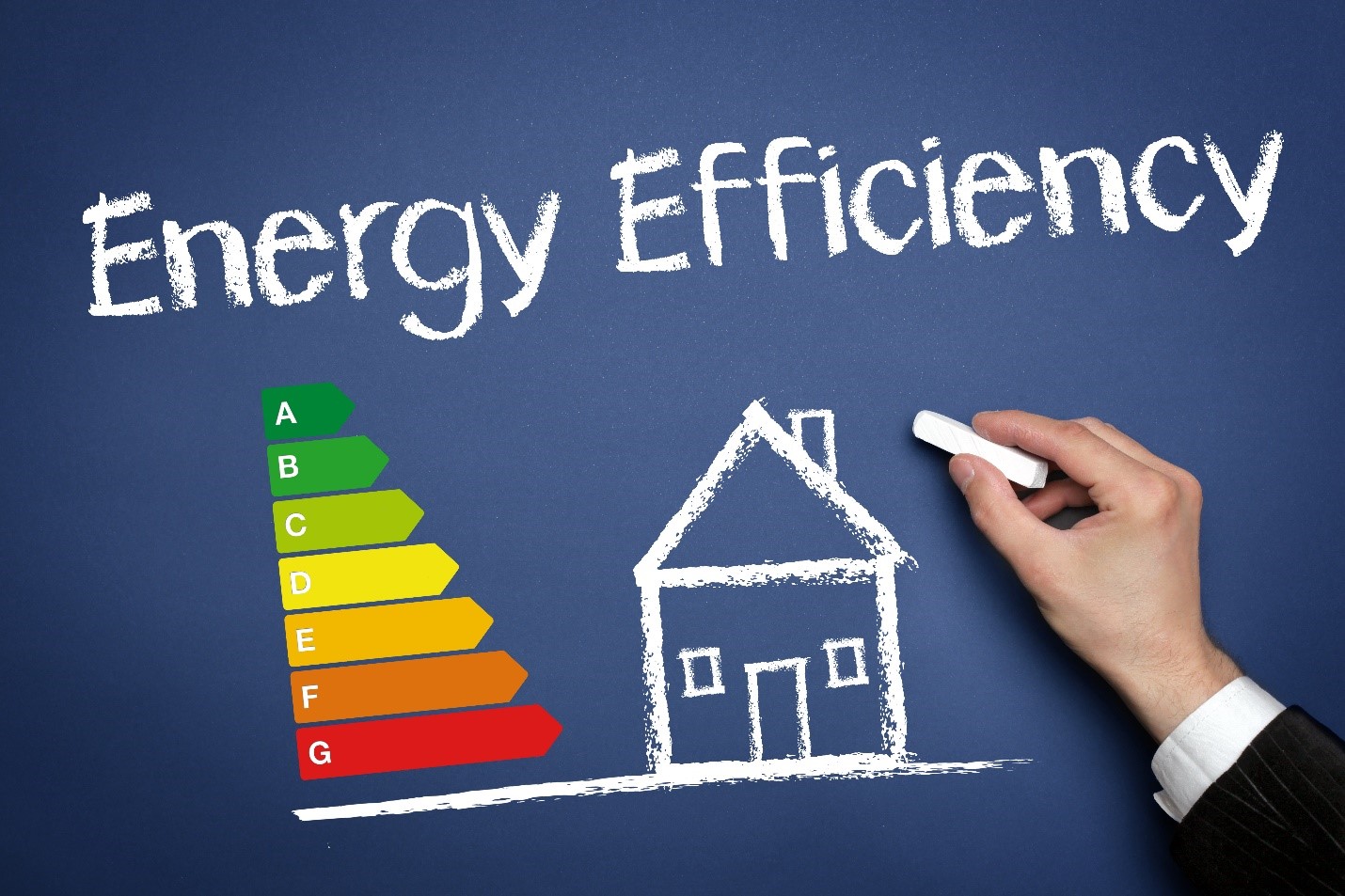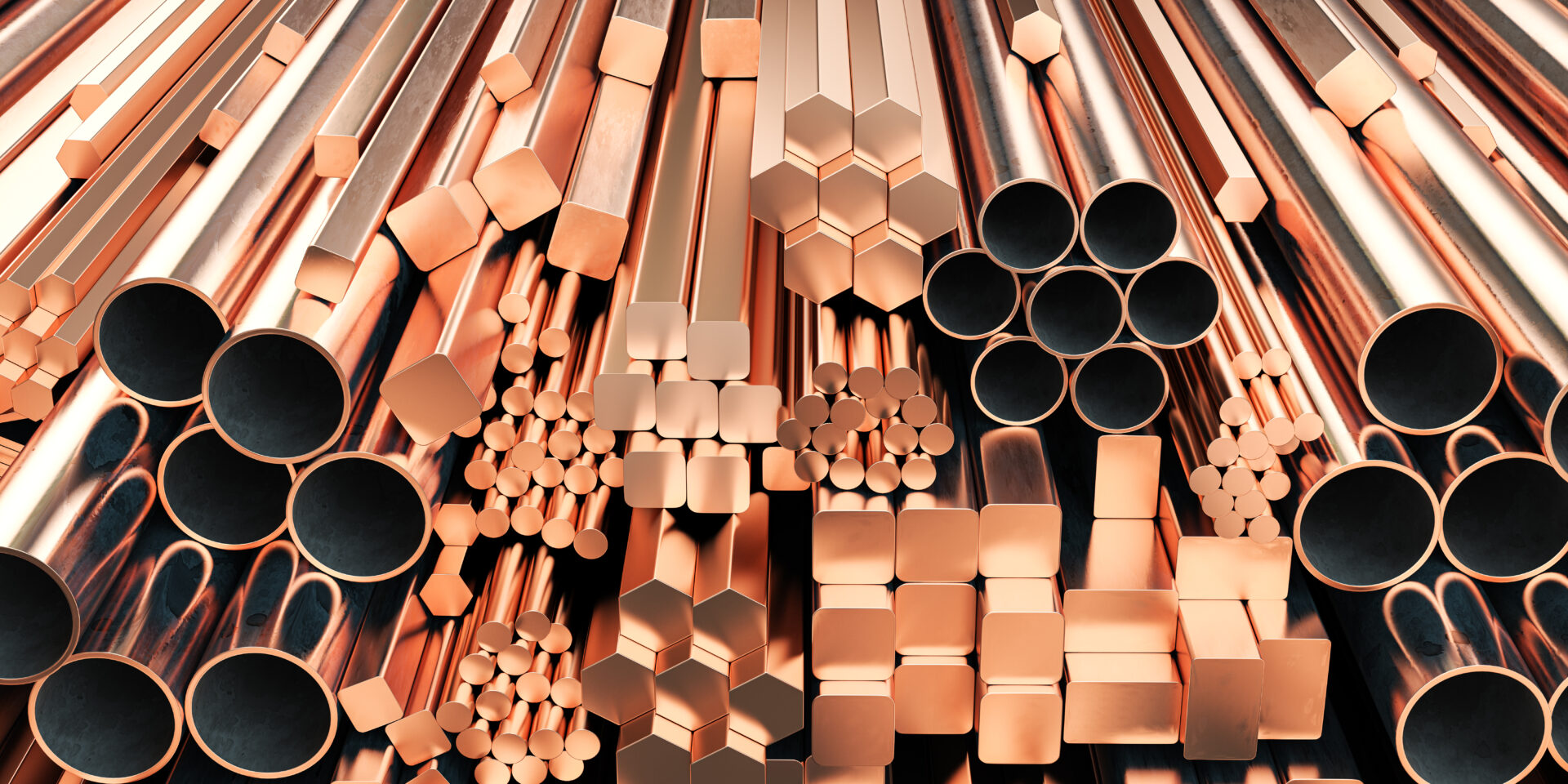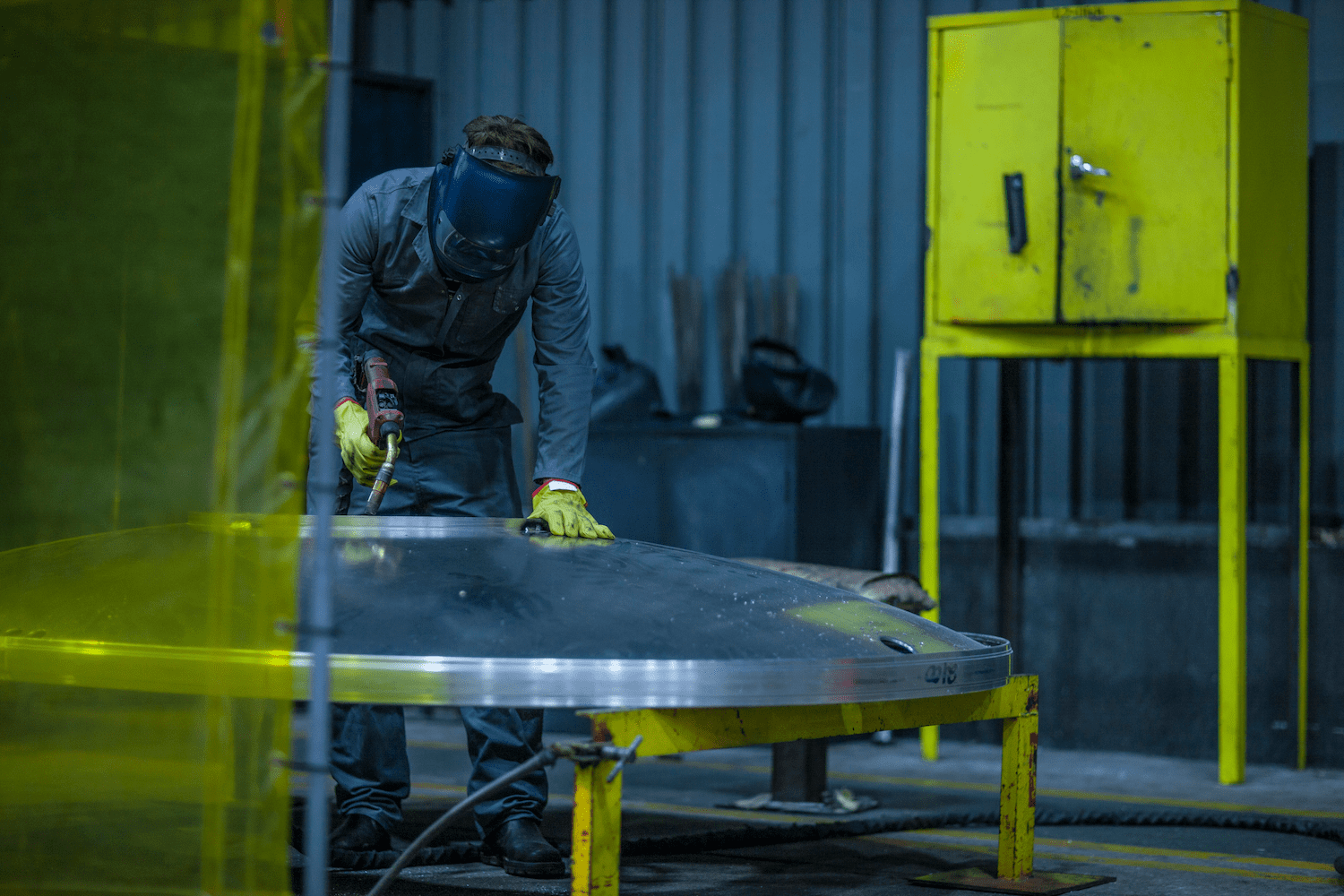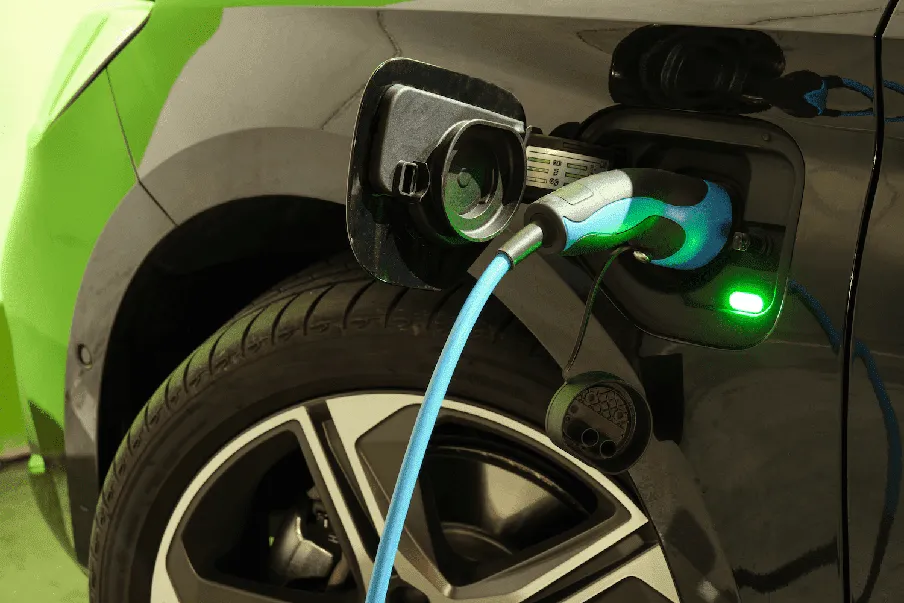
Energy efficiency and recycling go hand in hand.
Anyone who lived through the devastating hurricanes that struck Texas, Florida and Puerto Rico last summer found out the hard way what it’s like to go without energy for several days – or, in the case of Puerto Ricans, months.
Sitting in your home with no power, no hot or running water and without the ability to cook food is a truly awful experience. And it’s a stark reminder of how reliant we are on energy to maintain every aspect of our lifestyles and to provide basic comfort, convenience and security.
The storms were also a reminder that energy is in many ways a limited resource. Obviously, it’s limited by what households can afford, not to mention by any limitations on the basic infrastructure needed to make and distribute it. Finding ways to save energy benefits all of us, because it means we’re wasting less money, generating less pollution, and helping to preserve primary fuels like coal, gas, oil and uranium.
And a great way to save energy and help produce a cleaner environment is by recycling scrap metals.
So How does Recycling Save Energy?
It’s been well-documented that recycling scrap reduces the demand for natural resources like ore. That’s a great way to promote energy conservation. And as we increase recycling rates for used metals, we reduce the need to drill for natural ore to produce new metals.
It’s also been well documented that a significantly lower amount of energy is required to process scrap metal through recycling than to extract ore from the earth. That enables the energy we preserve from recycling to get used in other ways, which helps both our environment and our economy.
Why is Conserving Energy so Important?

We all understand the benefits of being energy efficient. It reduces our electric bills at home, and costs us less at the pump.
But in addition to individual households, energy efficiency also helps businesses and city, state and federal governments save money, only on a much larger scale.
Energy efficiency also creates jobs – an estimated 830,000 jobs nationwide, based on projects that include improvements to major commercial buildings and urban infrastructure repair work.
Energy efficiency also improves our quality of life, making us more comfortable inside our homes through reliable air conditioning and heating systems and, more frequently, smart technology that provides a host of new benefits within our homes.
Saving energy also has significant environmental benefits. Using less energy means we save on precious natural resources that are used up through the process of mining for ore.
And if we use fewer of our nation’s energy resources, we don’t need to depend on foreign nations to, for example, provide us with the oil to power our vehicles.
How Does Scrap Metal Recycling Save Energy?
Metals are in high demand for a lot of industrial projects, from the manufacturing of cars, airplanes and ships to building railways, and to manufacture a long list of domestic goods. Metals are essential to these manufacturers, and there’s a lot of versatility in how they can be used.
So there’s a continuous need for metals, but the process for getting new metals is not only expensive, but problematic for our environment. Metals are excavated from the earth by mining, and over time, the areas being excavated can get depleted, leaving excavation holes behind.
However, recycling scrap metal is a far less costly – and a more environmentally-friendly process than producing metals by mining ore. Using recycled scrap can also help reduce the cost of manufacturing new products, which also saves money.
But it’s most important to consider how scrap metal recycling, which has become a multi-billion-dollar industry, helps our environment by offering considerable energy savings.
Recycling Energy Efficiency: What are the Benefits?
Extracting metals from ore is a much more energy-intensive process than recycling. In fact, recycling scrap steel uses 75 percent less energy to process than iron ore, while recycling aluminum uses 95 percent less energy. It’s been estimated, in fact, that by recycling a single aluminum soda can, enough energy gets saved to power a 60-watt light bulb for four hours.
Recycling also offers benefits, including reducing greenhouse gas emissions produced during the smelting and processing operations that companies use while making metal from virgin ore.
A lot less energy is used to recycle scrap. Compared to mining for virgin ore, the energy savings from using recycled metals is up to 92 percent for aluminum, 90 percent for copper and 56 percent for steel.
Manufacturers are getting the message. The U.S. Geological Survey noted that 60 percent of steel production now comes directly from recycled iron and steel scrap, while for copper, the amount being used from recycled materials is close to 50 percent. Estimates are that recycling steel offers enough energy savings each year to power 18 million homes.
The good thing about metal recycling is that scrap can be reused over and over without altering its properties. In addition to the energy savings, metal recycling also conserves natural resources. For example, water is used in much higher quantities in mining than in recycling.
Energy Efficiency and Recycling: Start with GLE Scrap Metal Recycling
All too often, people continue to disregard the need to recycle scrap metal, but if they fully understood the huge benefits of recycling them, it’s doubtful any business would throw away that scrap or set it aside to be consumed by rust and other weather elements.
And there’s a great alternative: to take that scrap to a proven company like GLE Scrap Metal, a premier scrap metal and electronic recycler. This is a family owned and operated business that maintains a zero-landfill policy for scrap metals brought to us for recycling as part of a commitment to helping preserve our natural resources – and to conserving energy.
GLE Scrap Metal is a company fully committed to promoting the environmentally-friendly processing and recycling of all base and precious metals. The GLE team will purchase, process, and re-integrate all recyclable base metals, then supply domestic mills and global end-users with raw commodities that get transformed into new products.
To learn more, call 855-SCRAP-88 to request a quote.



